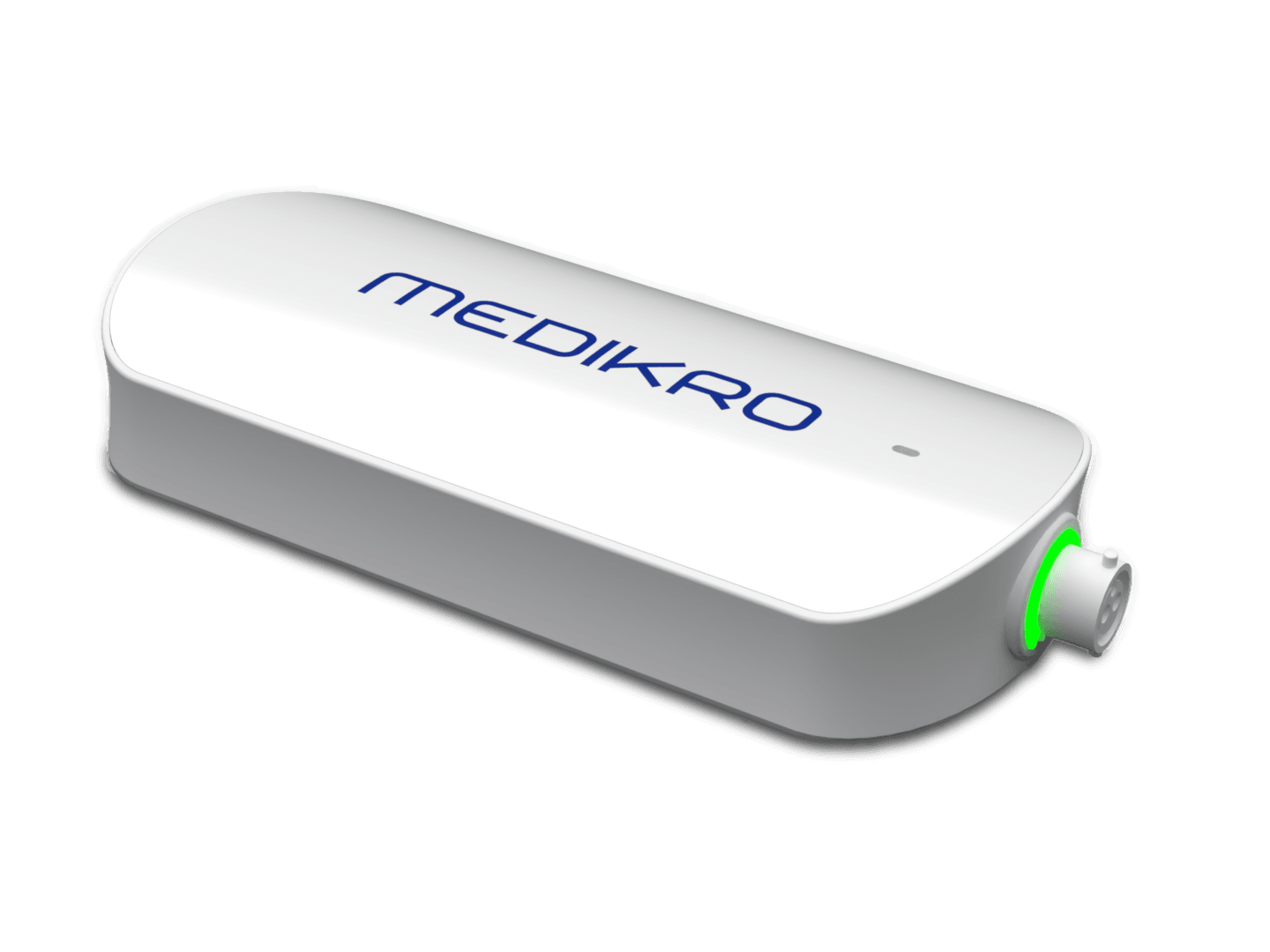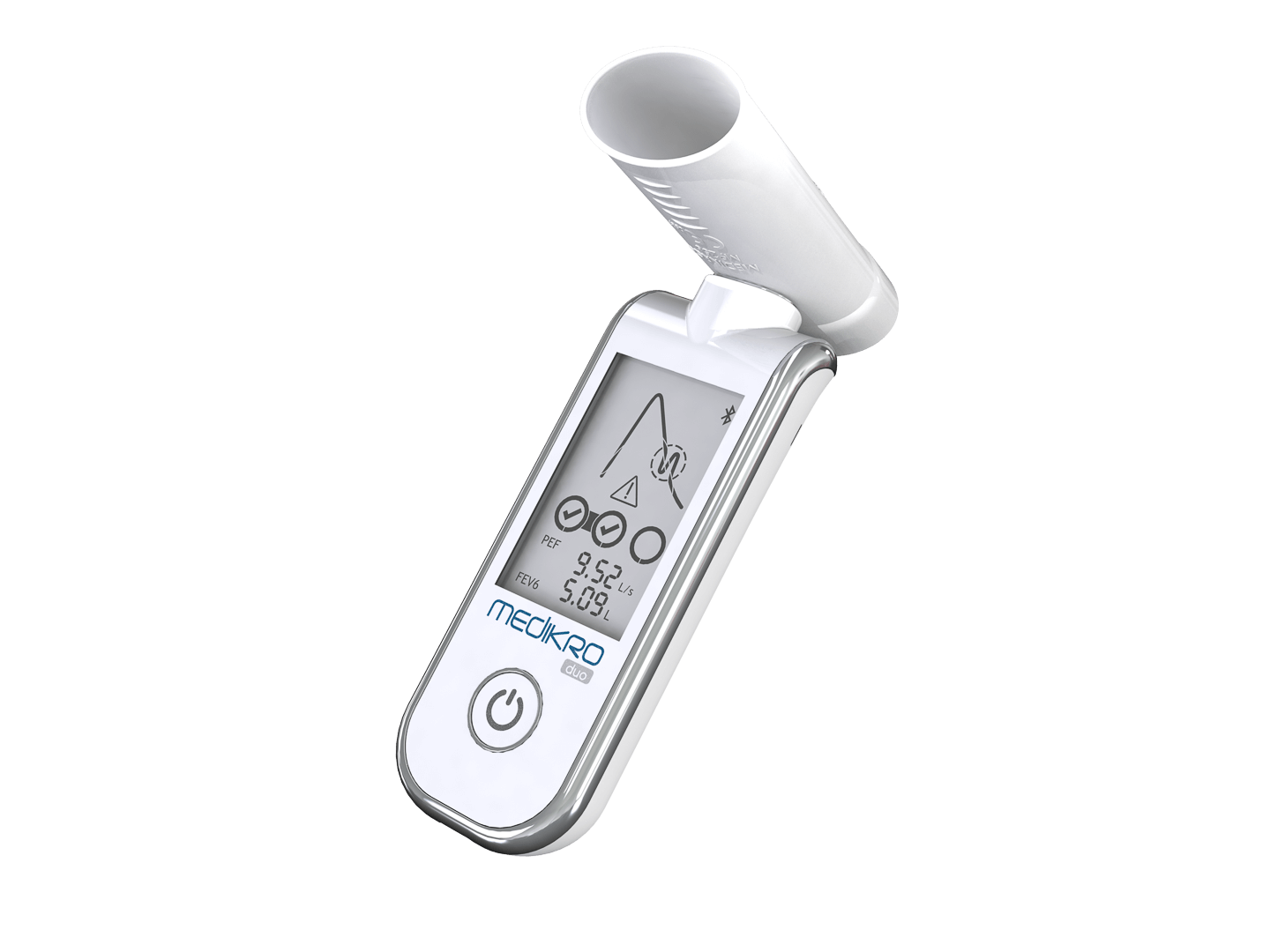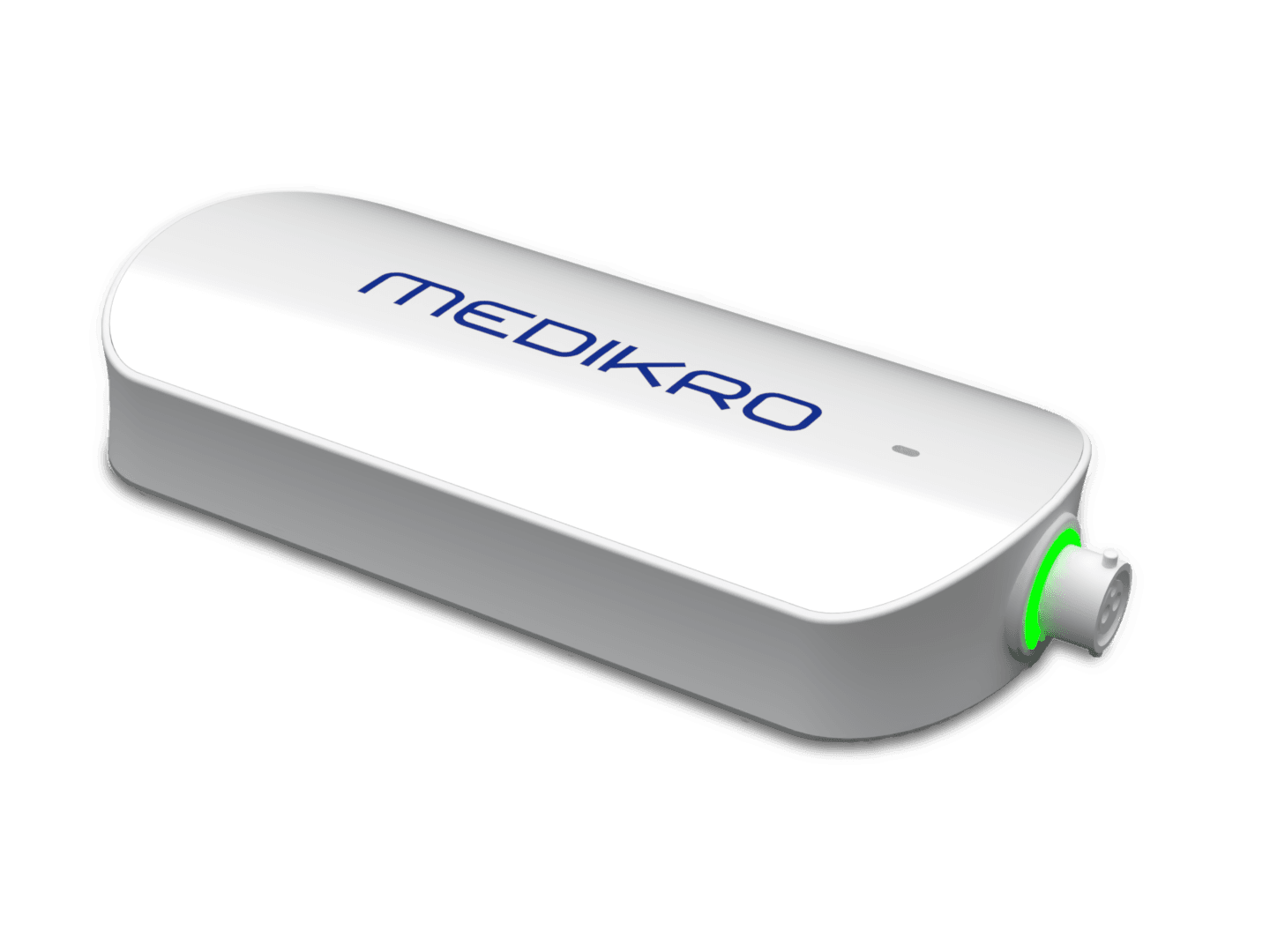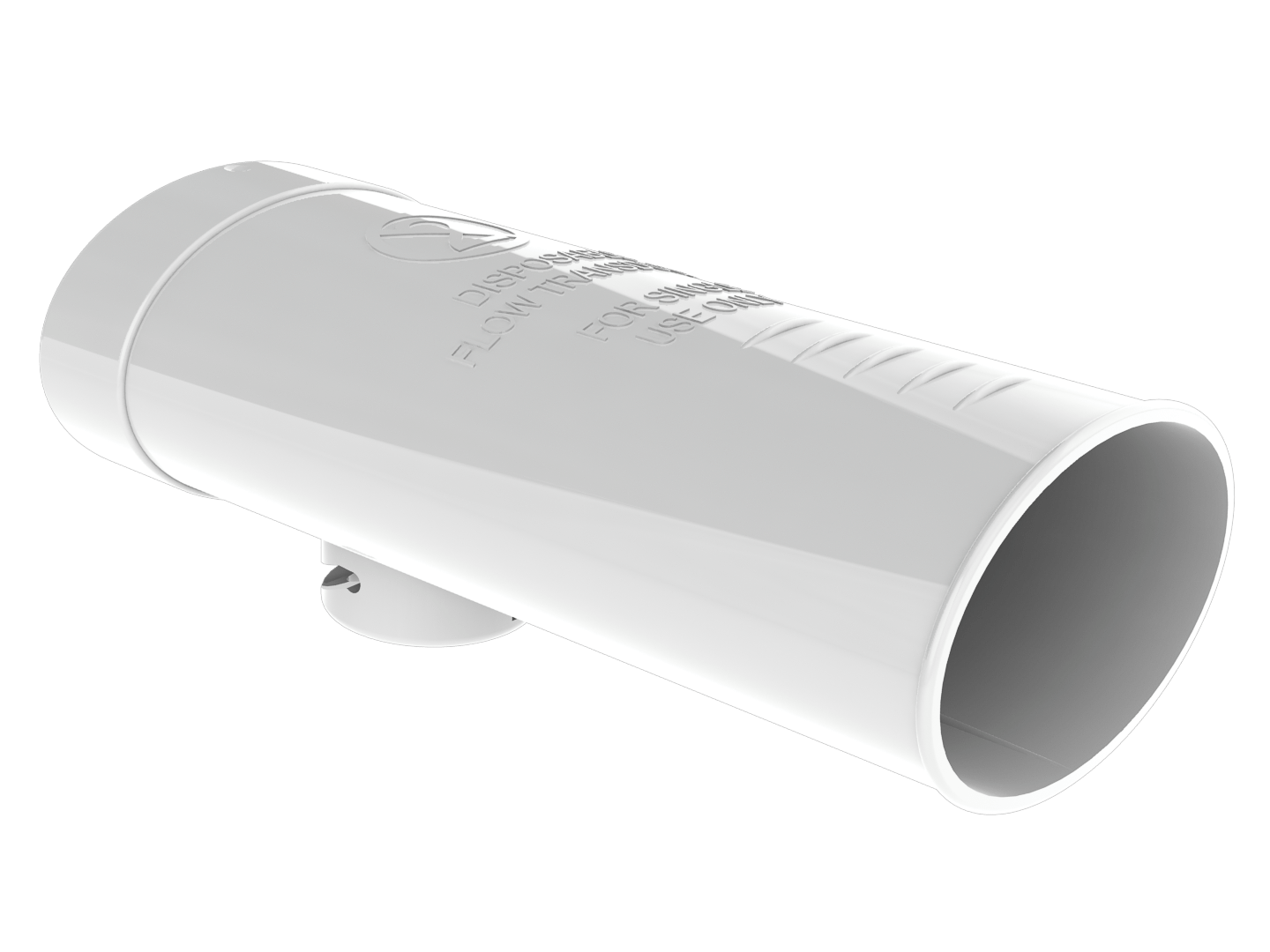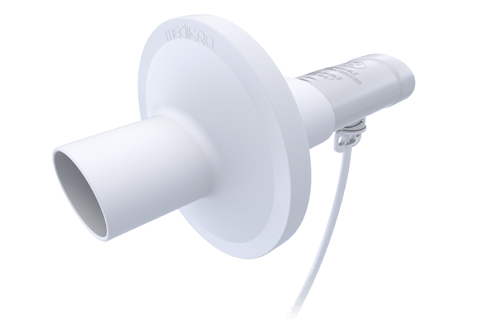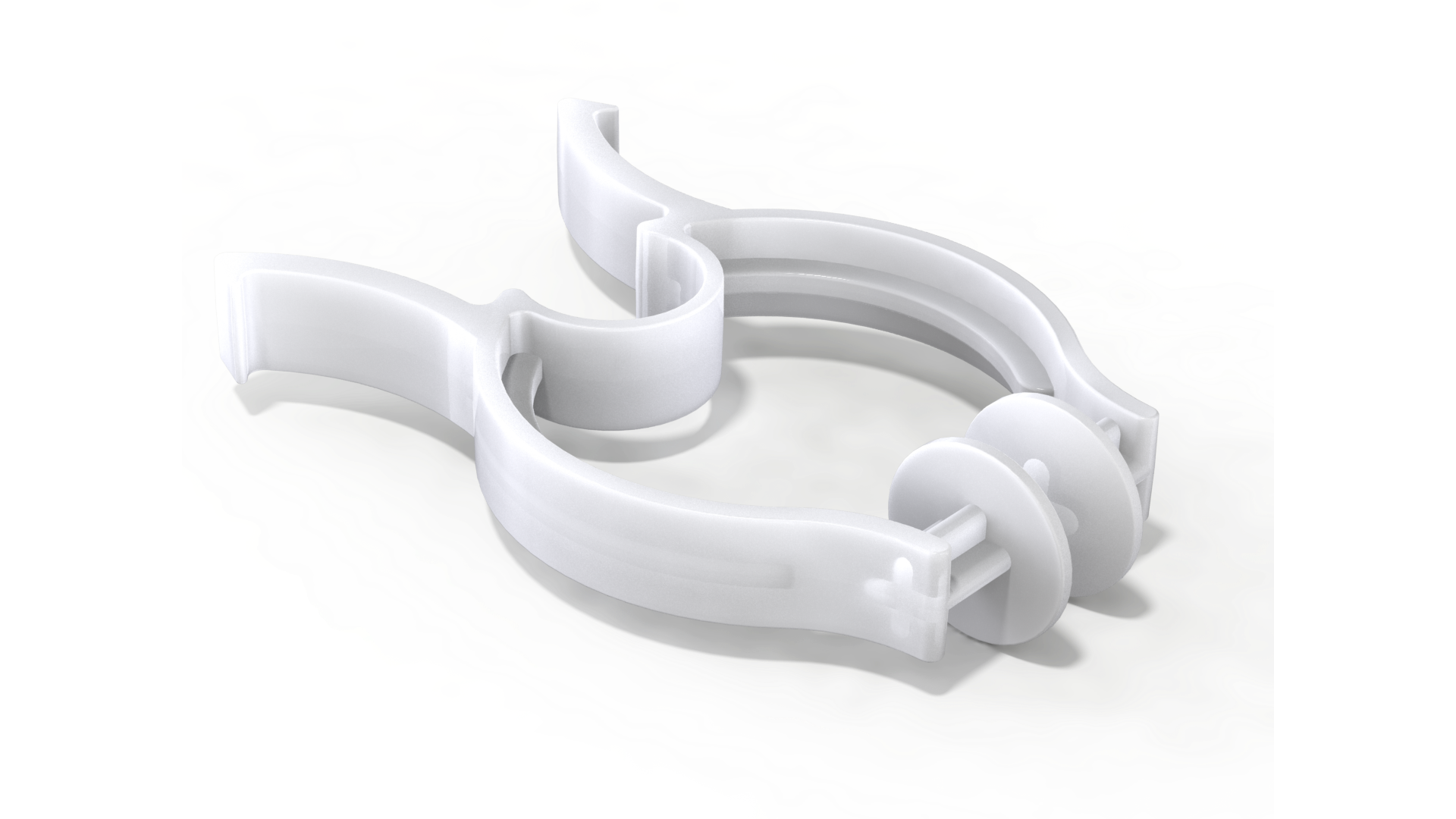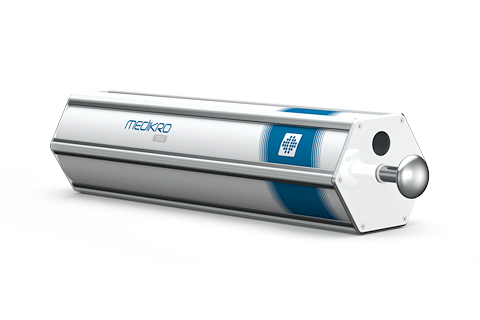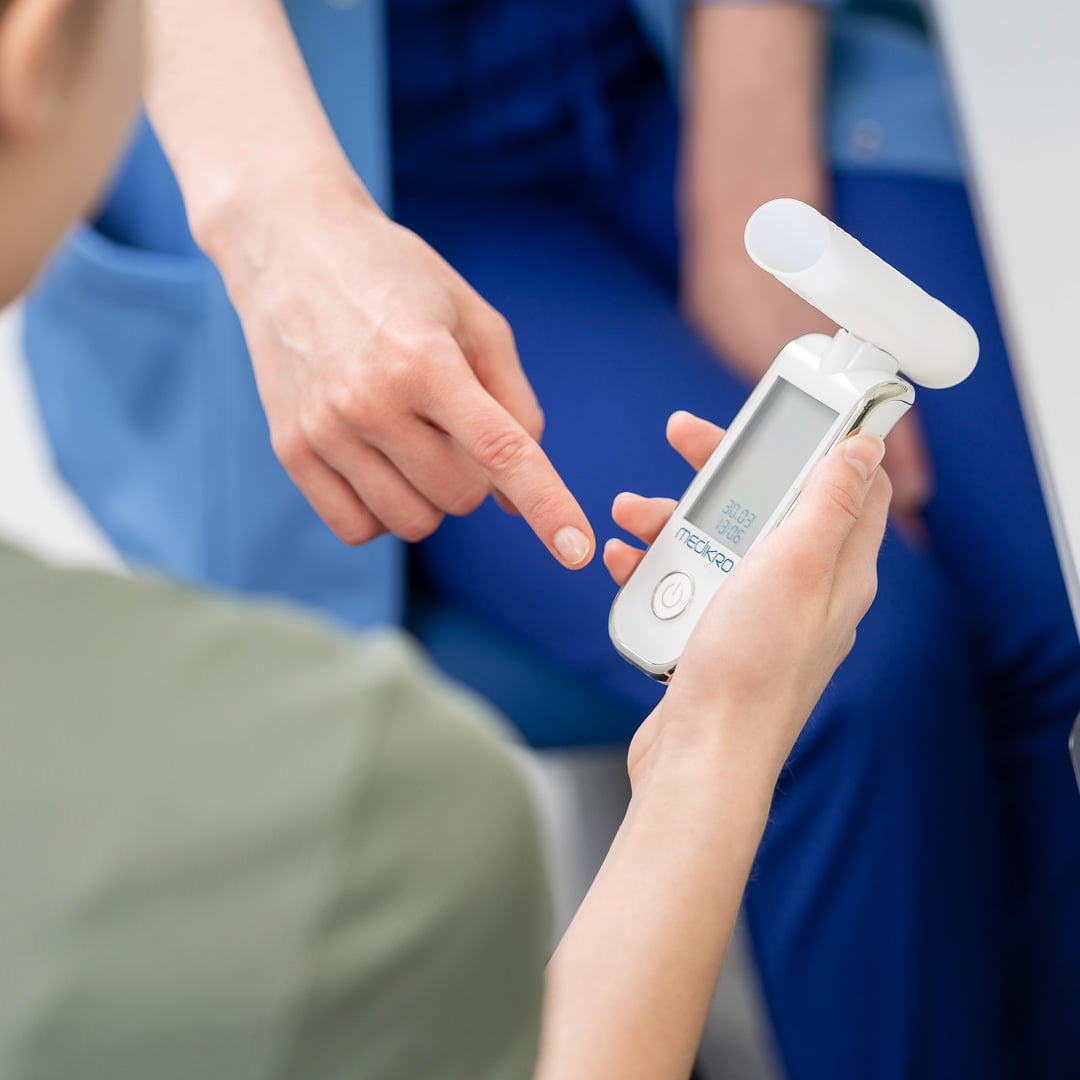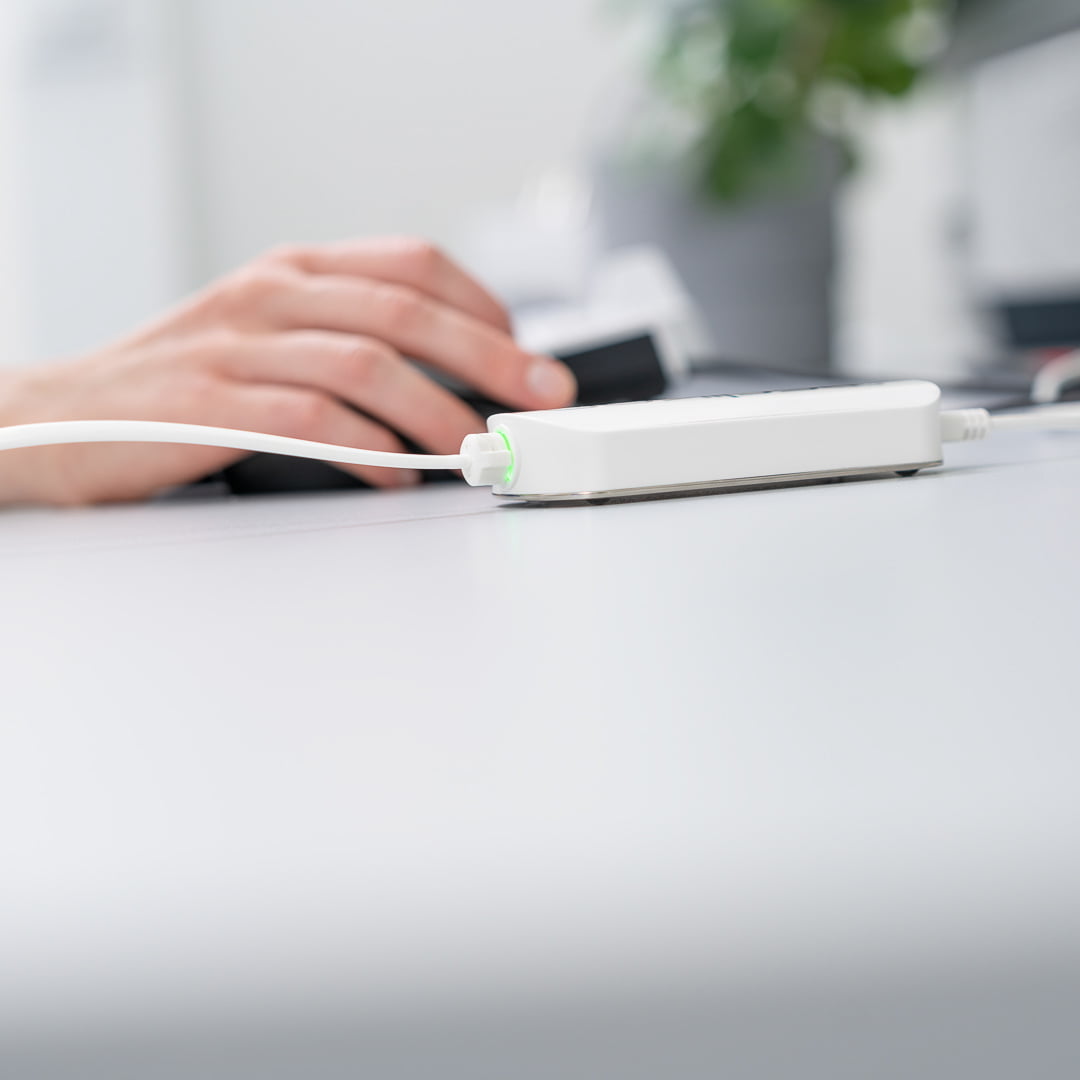Medikro’s Guide for Patients
Prepare for spirometry correctly
Kuopio, Finland
February 21, 2024
For over 40 years, Medikro has been Finland’s leading manufacturer of spirometers, making lung testing clearer and more accessible in line with our motto “Spirometry Simplified.” Our mission is to provide reliable tools for promoting and maintaining respiratory health, ensuring that to prepare for spirometry test is easy.
The spirometry test is a key method for assessing lung function, especially in the context of asthma and chronic obstructive pulmonary disease (COPD). With this Medikro guide, we aim to support patients in obtaining the most accurate spirometry results, an essential part of effective diagnosis and treatment. The following recommendations are designed to help you optimally prepare for spirometry test.
Before the test
- No smoking 2 hours before the test: Smoking can worsen spirometry results by increasing mucus secretion and narrowing small airways.
- No intense physical exertion 2 hours before: Heavy exercise can affect the smooth muscle tone of the bronchi and distort test results.
- Avoid caffeine-containing drinks 4 hours before: Such as coffee, tea, and cola drinks. The effect of caffeine can be maximum 45–60 minutes after consumption, with a half-life of 3.3–3.9 hours.
- Avoid heavy meals 4 hours before: A full stomach can make breathing difficult and affect test results.
- No alcoholic beverages 1 day before: Drinking alcohol can affect spirometry results, so its use should be avoided 24 hours before the test.
- No respiratory infections 2 weeks before: Infection can affect lung function and distort results.
- Medications according to doctor’s instructions: Discuss any possible medication changes with your doctor before the test, especially related to the bronchodilation test. If you use bronchodilators, your doctor will give you instructions on their use before the test. In some cases, medications are not taken before the test to see how well your lungs function without medication.
On the Day of the Test
Keep these instructions in mind on the day of the test. Stay calm and follow the healthcare professional’s instructions during the test.
What to Expect During the Test
Knowing what happens during a spirometry test can help you be as calm and prepared as possible.
- Reception: When you arrive for the test, a healthcare professional may check your basic information, such as height and weight, as these details affect the interpretation of results.
- Instructions: You will be given instructions on how to sit and how to breathe into the mouth-held flow sensor. It is important to follow these instructions carefully.
- Nose clip: During the test, you may need to use a nose clip. This clip prevents air from passing through the nose, ensuring that all breathing is done through the mouth and the spirometry device gets an accurate reading of your exhalation.
- Spirometry measurement: You will be asked to breathe into the flow sensor several times, typically starting with normal breathing followed by taking a full breath and then exhaling as quickly and completely as possible. This may be repeated several times to ensure the accuracy of the results.
- Rest breaks: Rest breaks are given during the test if needed, so you can recover between measurements.
- Spirometry with Bronchodilation Test: If the test includes a bronchodilation test, you will be given medication to inhale during the test, and the same spirometry measurements are repeated afterwards. Remember, the staff is trained to support and guide you throughout the test. If you have questions or concerns during the test, do not hesitate to ask.
Summary:
Proper preparation for a spirometry test is key to reliable results1. Follow Medikro’s spirometry instructions and contact your doctor if you have any questions about preparation or medication. Don’t worry if you are undergoing a bronchodilation test – it’s a routine procedure that helps get more accurate information about the state of your lungs.
References
1. Graham, B., Steenbruggen, I., Miller, M., Barjaktarevic, I., Cooper, B., Hall, G., Hallstrand, T., Kaminsky, D., McCarthy, K., McCormack, M., Oropez, C., Rosenfeld, M., Stanojevic, S., Swanney, M., & Thompson, B. (2019). Standardization of Spirometry 2019 Update. An Official American Thoracic Society and European Respiratory Society Technical Statement. American Journal of Respiratory and Critical Care Medicine, 200, e70 – e88. https://doi.org/10.1164/rccm.201908-1590ST.
